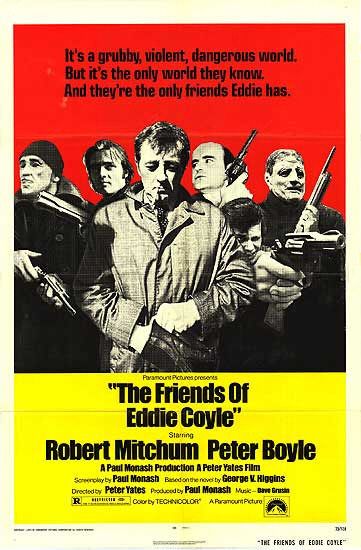Consider these “blind” items:
1) It is frustrating to receive missives from people who don’t take the two seconds required to get your name right. I say this as an “Elisabeth-with-an-s” but also someone who has a name, and is not Generic Title, either. It requires a minimal amount of time.
2) Particularly after a round of having to think “everything here is the best thing ever!” for about two years, it is interesting to see how my critical facilities translate from location to location. I think, naturally (and timing-wise) I am hard on what I write, I am hard on what others produce as well; but since taste is both a unifier, signifier, and also something different when you may have run-ins with someone, my taste on record has shifted. But to be honest, right now I am raw, sensitive, and easily, quite jealous. I don’t trust my opinions these days.
Which is partially to say, I miss well-crafted critical takedowns. Nobody who is in the position of critic has the job security to really, truly have an opinion these days, and there are few critics who really write from a perspective of being a wonderful human being with a soul (In film - Roger Ebert a notable exception, and online, writers like Kim Morgan tend to kill it on the regular).
3) Again, location really makes this behavior more accepted/regular, but to those of you out there who don’t have smartphones - aren’t iPhone people… sort of the worst, sometimes? (To friends with iPhones, particularly in New York, this does not mean you. I love you.) It can be rather annoying to be at a dinner with someone where they’re whipping out their phone - it’s not as if they’re being outwardly, openly rude, per se, and often it’s with the best of intentions - but I get frustrated, sometimes, by the way it seeps into human contact and communication. It’s jarring, and even if you’re… looking up a puppy photo, for example, it’s just time where the iphone person is poking on something and you, the person without a smartphone, are just standing there. Feeling kind of unlistened to. Company towns, where they give out iPhones at the gates, I let it slide like water off my duckish back, but I have to admit, overall - I don’t like it so much, and I wish that people would be more discreet with their phones and use of them in public arenas. And smartphones have made lines much less fun. Instead of potentially making friends in front of you or behind, people are just nattering on into the air. Movie screenings are similarly boring. Nobody talks to each other, everyone just stares at their phones with varying degrees of self-importance. It really is quite strange if you think about it.
As an apologia for my carping, you could read this film piece on great moments in movie musicals. I made Guy and Madeline on a Park Bench director Damien Chazelle write it, and it’s pretty much a shot of joy into your day.











